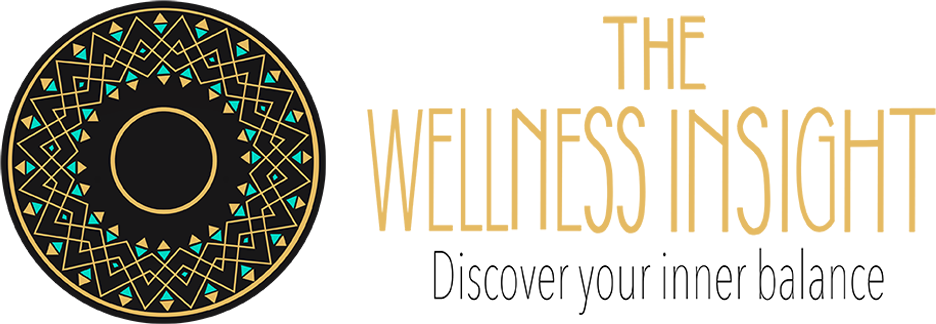Meditation is spending time in quiet thought for relaxation or religious purposes according to the dictionary. The history of mediation is rich and it's many forms vast. It's also one of the tools needed to maintain wellness.
You only need to search the web and find what type or types fit your needs and lifestyle. I practice several different styles of meditation because different needs require it. Meditation seems like the buzz word of the moment but I first encountered it's benefits while in high school many years ago. I grew up in New York and attended high school in the West Village of New York City. They offered a course in Yoga and I signed up immediately. At the beginning and end of every class we meditated. At the time I didn't have a clue as to it's benefits nor it's absolute necessity.
Over time I've developed what is called a meditation practice. Meaning, I meditate twice daily morning and night everyday for a half hour each time. My goal is to be able to mediate for up to an hour each time. I also, when the need arises practice mini meditations throughout the day. Mini meditations are focused breathing and mantra techniques that can be done anywhere. For example breathing in for a count of four, holding your breath for a count of seven and finally exhaling for a count of eight. It reduces your stress level almost immediately by allowing for the blood to flow to every part of our body. With a mini mantra meditation, I usually repeat a mantra while being conscious of my breath; I breathe "in love and peace and I breathe out anxiety and fear". I will do each of these mini meditations for approximately three to five minutes, just repeating the meditations till I am mindful of the actual moment and the stress level has been reduced.
In my previous post I mentioned how I experienced severe anxiety and panic attacks. I overcame them through meditation. There are many types of meditation but what I found was practicing "I Am" meditation and "Guided" meditations allowed for me to gain control back over my life. With "I am" meditations I could do it anywhere and anytime as needed. I wrote down a list of "I am's"; I am healthy, I am strong, I am loved, I am not alone, etc and committed it to memory but when I couldn't focus I just opened my journal and I read it out loud over and over again. "I am", meditation would stop the attack. With "Guided Meditation" I needed to be home and lying down. It helped me immensely to be taken away via a calm and assuring voice to focus on a specific scenario. That scenario for me is always a beach scene and the crashing of the waves on the surf. "Guided" meditation recharged me so I would get my strength and energy back. With panic attacks, everything begins to race, your breathing becomes shallow, flight or fight kicks and before you know it you're completely wiped out and that's hoping you didn't rush yourself to the hospital because you thought you were dying. In my case the episodes were so severe I would hyperventilate which has a list of it's own horrific ailments.
My meditation time is something I absolutely rely on to keep me going throughout the day. It's also something that grows continually. It's not easy to quiet the mind when it's filled with to do lists, time constraints, sleepiness and all of life's noises good and bad. We all need to recharge, recuperate and regroup. Meditation re-charges your battery so when life comes at you, you're capable of being resilient.
I meditate because I need to clear my mind. I need to shut down so I can rebuild my mind in a healthy and authentic way daily. It takes time and I am still learning and I pray I always will be. In order to maintain a healthy mind, body and soul connection meditation is key.





